Click the PLAY button above to listen to the audio version
In our previous mission blog post, Introducing our Leviticus Makpa’s Missionary Field in Niger State, we shared a bit about Leviticus Makpa, who is a missionary in Niger State. We have since reached out to Leviticus Makpa and asked him a few more questions about his mission field experience. Dear readers, the words he has to share are powerful and heart-stirring. Little do we know that great men of God are doing amazing things that are unknown. They may be members of the church who are passionate about evangelizing, pastors of small local churches, or even missionaries in remote villages like our brother Leviticus. Please lend your ears, and ready your hearts as you hear this message from our brother.
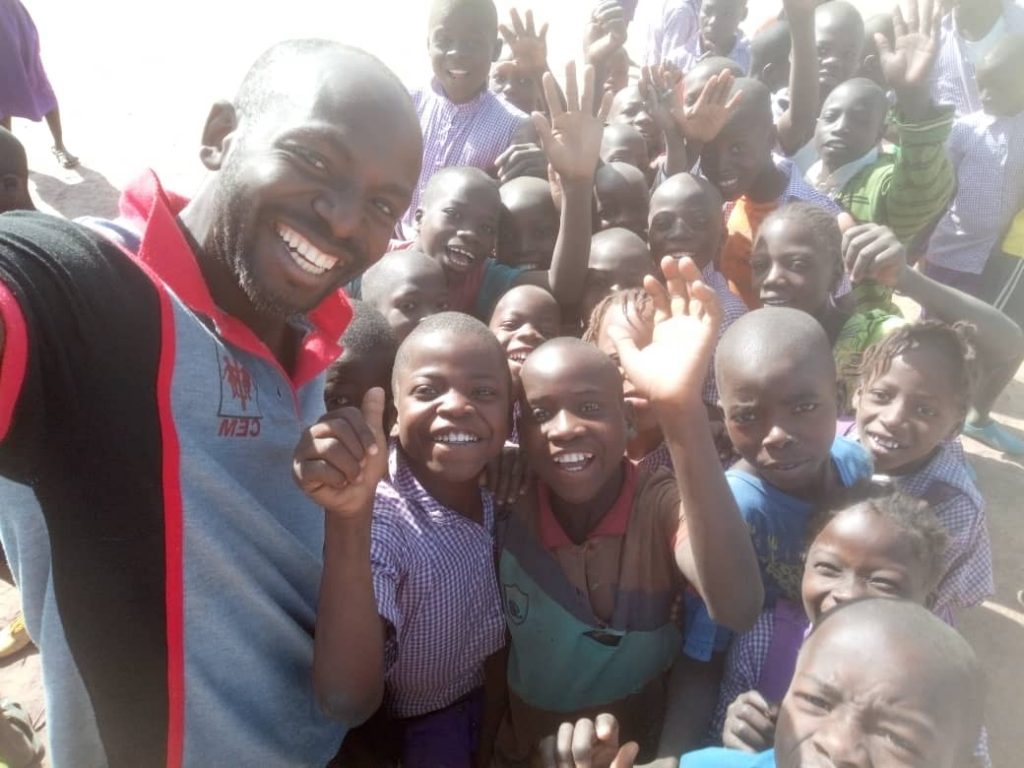
Whatever we do, we must not treat the Great Commission like it’s a Great Suggestion!
Call into ministry
Question: What were the circumstances of your call into the ministry?
I was called into the ministry in 2012 and started in Nasarawa state before I was taken to Niger State to work among the Kambari people. I work with a non-denominational agency called Mission Field Evangelistic Outreach, whose Hq was in Nasarawa State. Then, I had my mission training in January 2012, and it was in the same year I went into the mission field. I worked in Nasarawa state after my training. On December 29 of the same year, I moved from Nasarawa state to Niger state, where I still remain to date. However, the story of my call into the ministry began long before that.
Receiving the call to be a missionary
I grew up in Suleja. I gave my life to Christ when I was sixteen years old. The day I gave my life to Christ was also the day I got baptized in the Holy Ghost. It was at a crusade, and I remember hearing a voice saying, “you are called.” God spoke to me that day and told me I was called. But I don’t really know what that means because I grew up as a catholic in the catholic church. I was not taught much about God, so I didn’t know what God was trying to communicate. Then, I felt I was going to be a reverend father.
Fast forward years later, in 2011, I graduated from University. I studied industrial chemistry at the University of Jos. After graduation, I went to the mountain to pray, and for two weeks, we prayed. Then there were four in number. On one of those nights, I had this encounter, and during that encounter, God spoke to me to join this ministry I am working in. Basically, my work in the ministry is based on a call. A call from God.
The Projects we do
Question: Sir, could you talk more about how you went about doing some of your projects in the mission field?
Usually, we give out clothes and sometimes foodstuff. This year during COVID-19, we raised funds and got food for people in the villages; it was not easy here during the pandemic. We drill boreholes when necessary and also establish schools. We started the school in order to educate the younger ones, but we quickly realized that was also the only opportunity we had to share the word of God with the children.
The adults in the village were not ready to release their children to come to church. These are young people who gave their lives to Christ. In the community, there were no schools around, nobody could speak English, and nobody could say “Hello” or “Good morning.” The villagers did not know the value of school, so we couldn’t tell them to pay; they were not even willing to let the children come.
Schooling Project
It took a lot of persuasion and sensitization to convince the adults to release their children for schooling. We promised the children biscuits in order to hold their attention during school time. The school is the platform we chose for discipleship. There are a lot of children in the community who are baptized in the holy spirit and growing but are not allowed to church, so the school is our major platform.
However, there is no secondary school in the community yet. We are unable to sponsor many of them after they graduate, and their parents don’t see the importance of education either. What we do is put them in the household of some well-off people in the towns that could take them into their houses and sponsor them through secondary school. We also sponsor them by paying some of the school fees while their parents pay the rest.
We used to have a literacy class for adults who couldn’t come to school and were already married. They marry early in the community; most are married at sixteen years. We had a Hausa literacy class when we first arrived at the village. I can also read and write in Hausa.
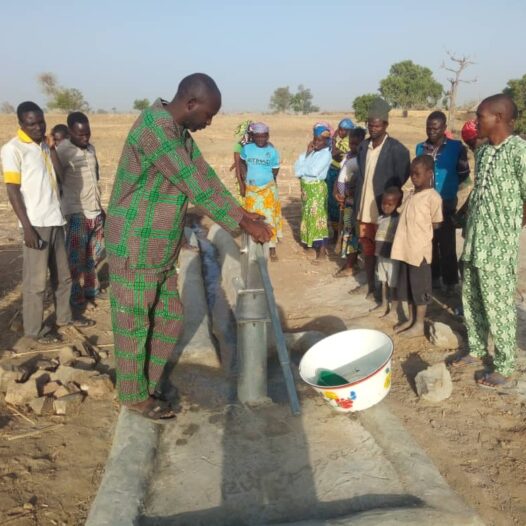
Borehole Project
The borehole project happens majorly when we go on outreach and see a village suffering from the lack of drinkable water. We raise funds and work on drilling a borehole for them. I have had two borehole projects so far. The ministry I work for has done many such projects. The projects I personally had a hand in were done together with another missionary ministry. We built a borehole in one other village and the village I reside in. There is a ministry here called Waterwind; it is a Christian body and what they do is subsidize the cost of drilling boreholes.
Question: Could you tell us a bit about your family?
My wife Benita Leviticus is a tailor by profession; she is also an educationalist; she studied at the college of education to raise teachers. We have two children, a boy and a girl, and have eight foster children, five boys and three girls, that we are raising. She owns a sewing machine that you use to sow clothes for the villagers and also teaches the women how to sow. Sadly, we have only one sewing machine, which has made it difficult to teach the ladies the vocation. We want these ladies to learn how to sew because it will give them something to do. All they do here is farming, so learning tailoring will empower them.
Challenges
Question: Did you face challenges when you entered the mission field, and could you share some?
Housing
Well yeah, when I became a missionary, I faced a lot of challenges. Initially, I had lived in towns all my life, and now I was taken to a remote village where, at the time, there was no house with a zinc roof. They all built their houses with grasses (thatched roofs). I had to stay in one of those accommodations for six months. When I joined the mission, I was not on any salary, and I had to raise finance for myself, so it was not quite easy. Later on, I had to move my family to the mission field.
Mobility
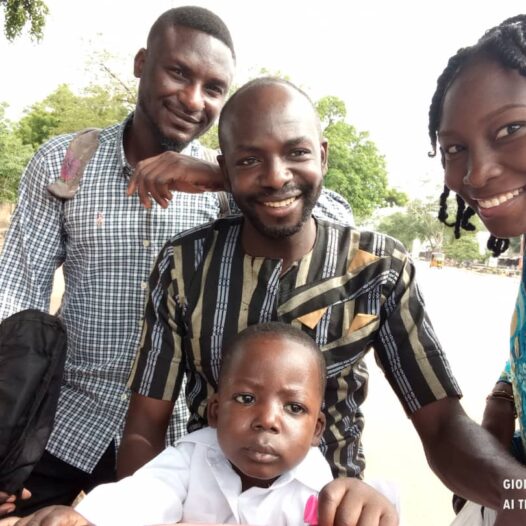
We have challenges with mobility. Though I have a motorcycle, a motorcycle is not quite enough when we go out for outreach. We need a vehicle like a Toyota Hilux that would be able to move a large number of people. There is no address system here to use as a megaphone or speaker. Usually, we go out on outreach but don’t have speakers or microphones for doing crusades around here.
Some bandits roam our area. Once, we had four people kidnapped. We had to gather money to rescue them since the government was not aiding them. When traveling, we are scared that we might get attacked. We are always under threat; we sleep, praying and asking God to take care of us during the night. We thank god for His protection.
Basic Amenities
There was no electricity; there was no ready supply of drinkable water either. Thankfully we were able to drill a borehole in the community. We could not access some items that I once had access to before I came to the mission field. Some of the villagers do not even have clothes to wear. Even if I had the money, I could not obtain them due to the distance. The nearest town was two hours away by motorcycle. Reaching the hospital also became difficult. When someone falls sick, we would have to drive on a motorcycle for about two hours to the closest town to get medical treatment.
I have challenges feeding my two children and the eight adopted children that live with me. I have come to cope with most things on the mission field, but I still have challenges with the light and feeding the children. This is not easy since I am not earning a basic salary.
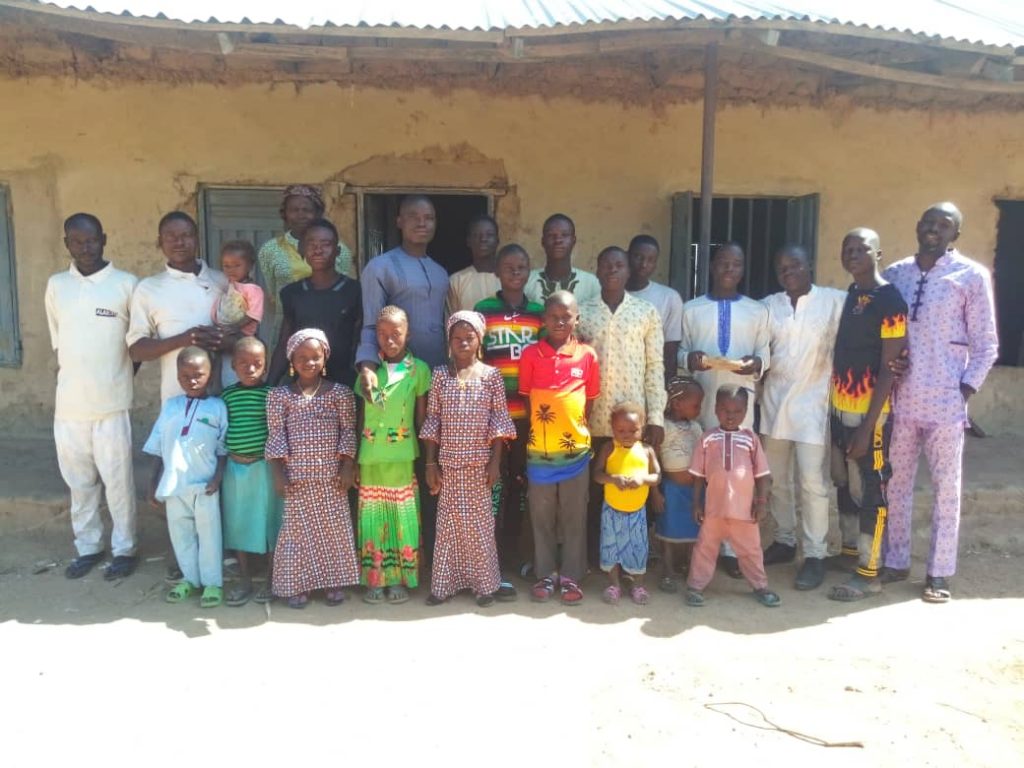
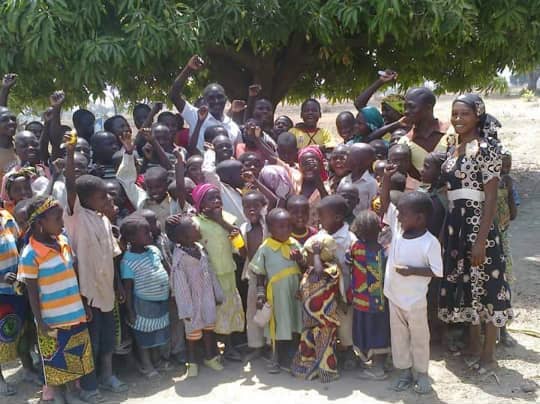
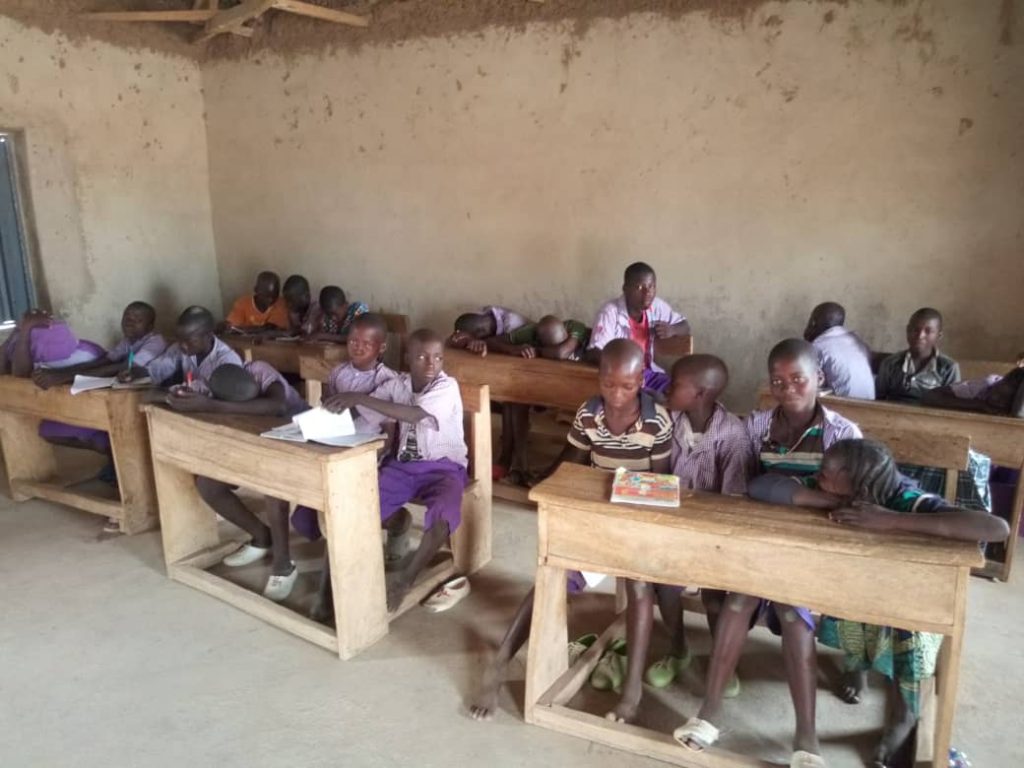
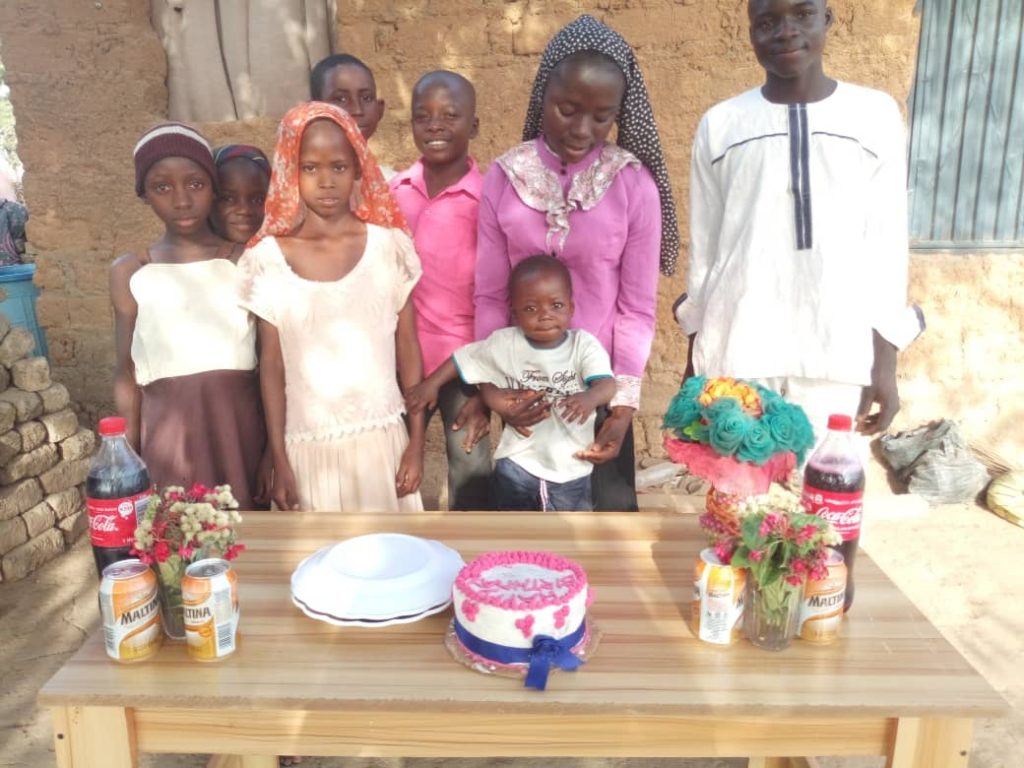
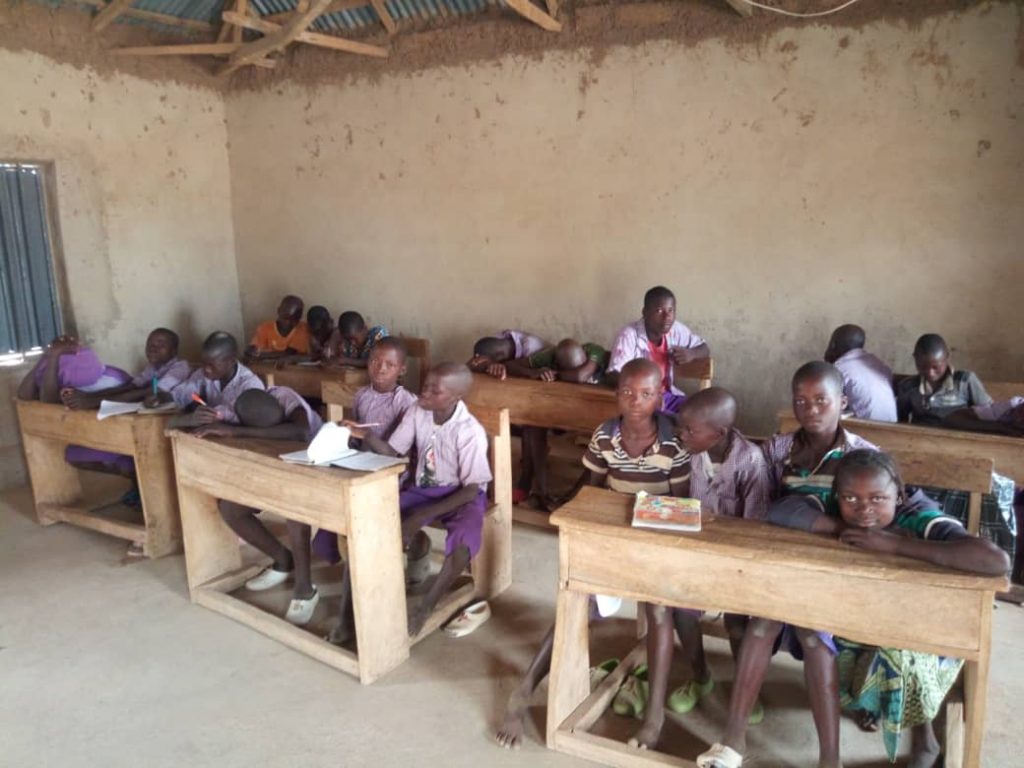
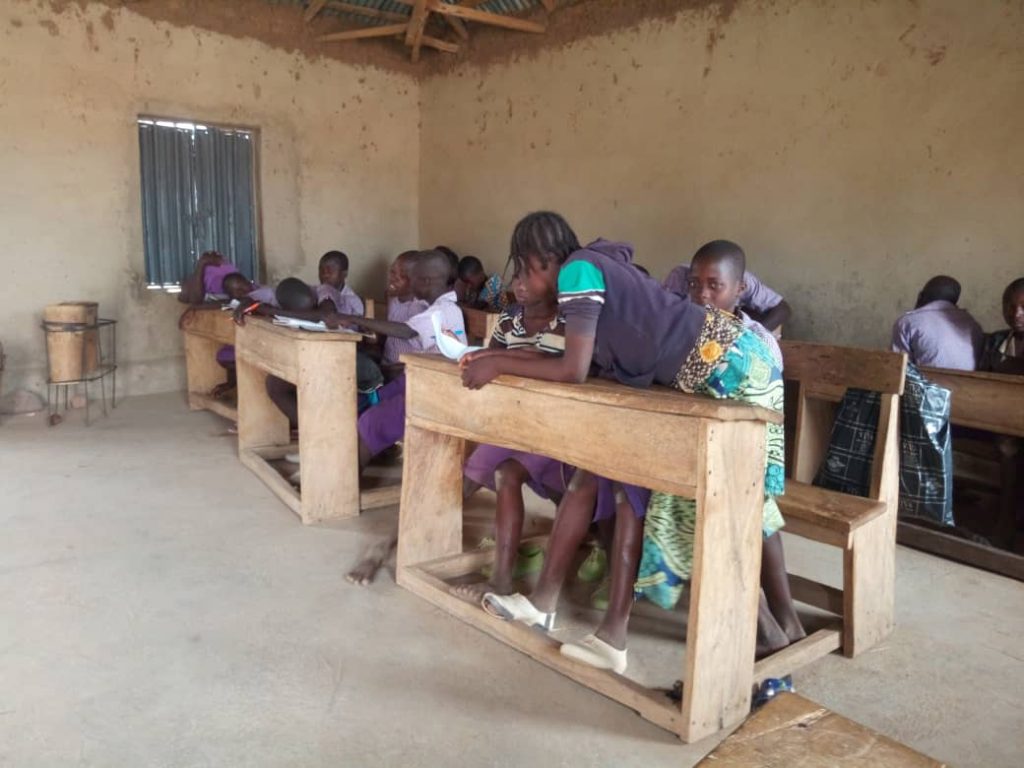
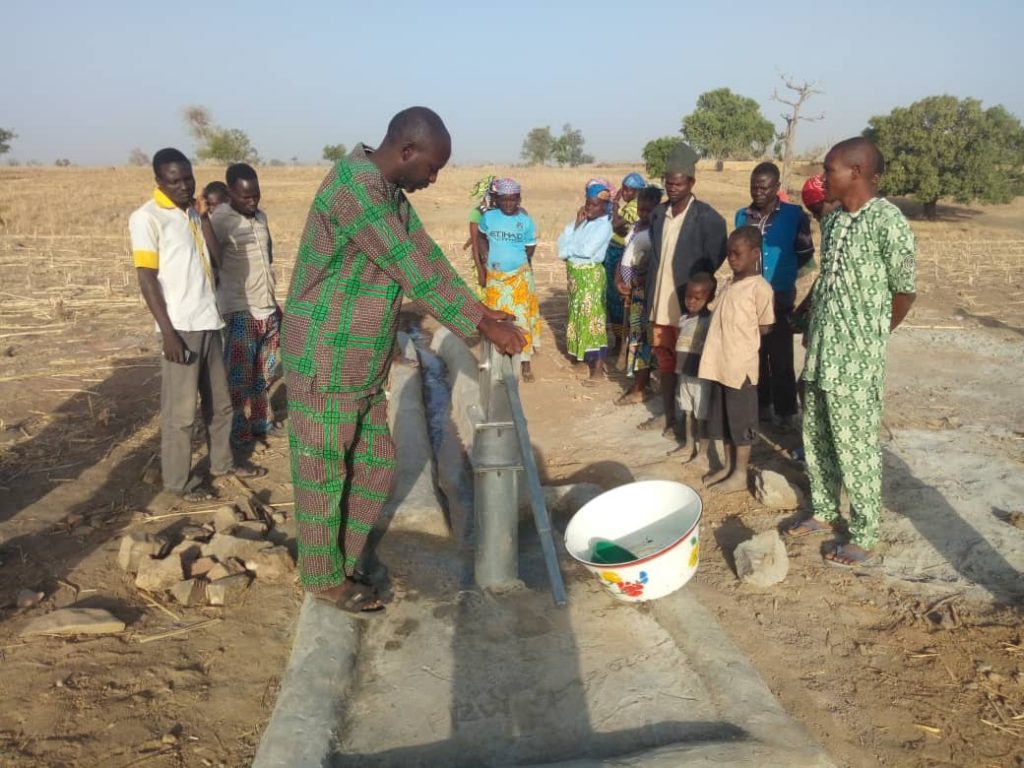
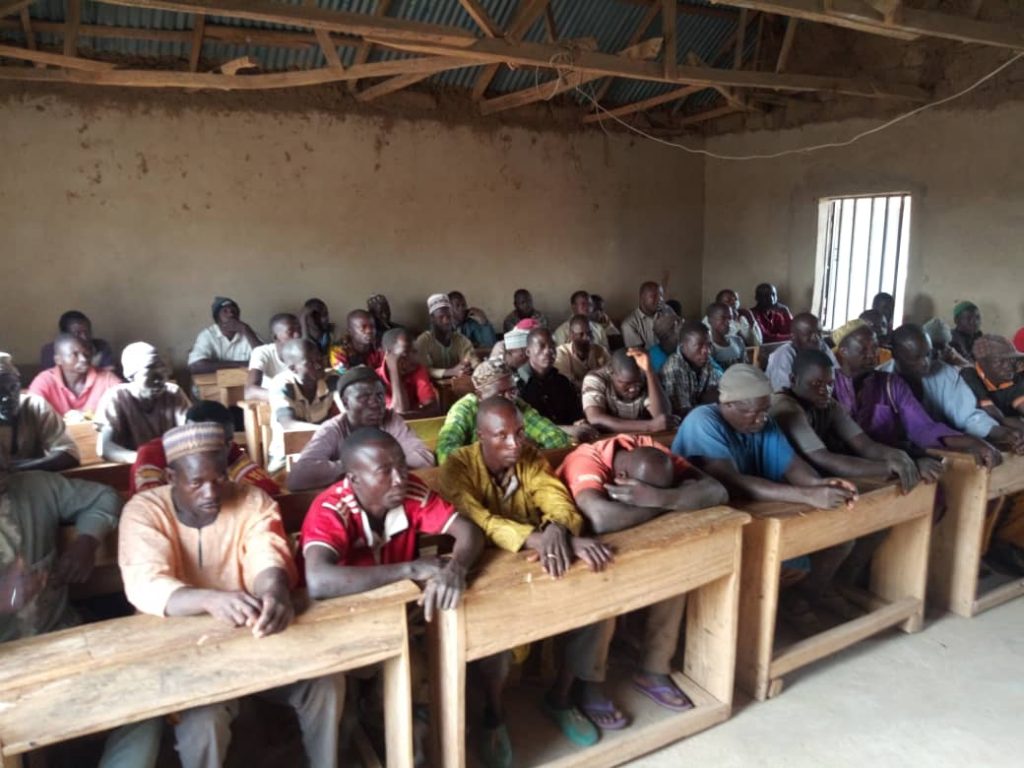
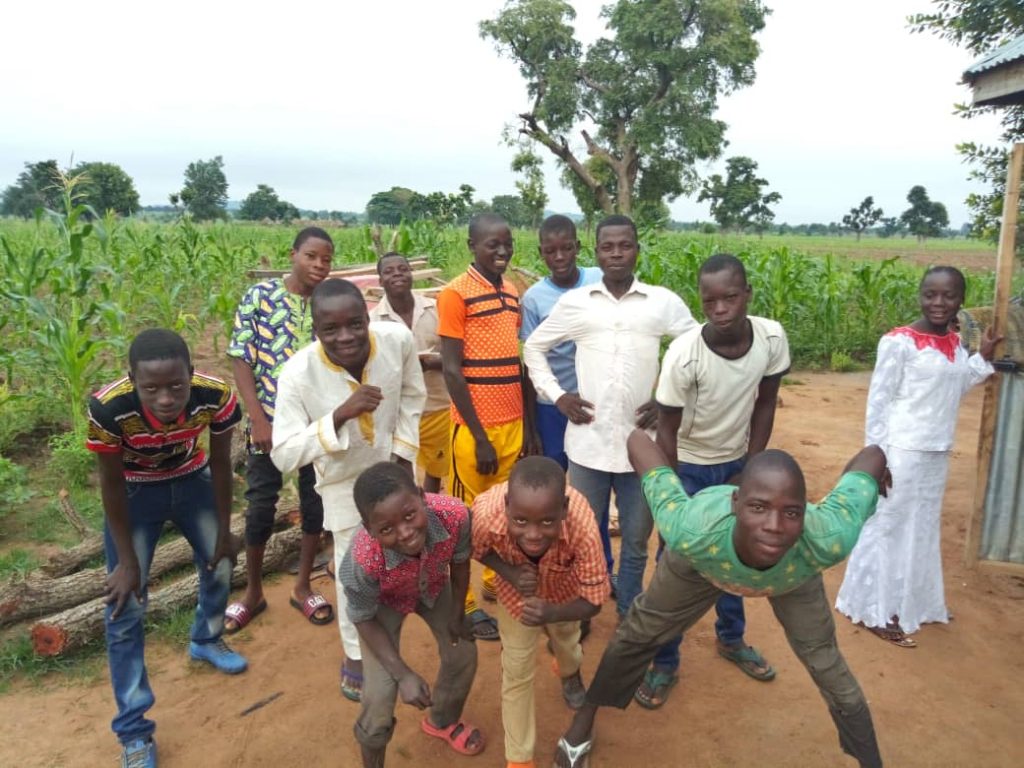
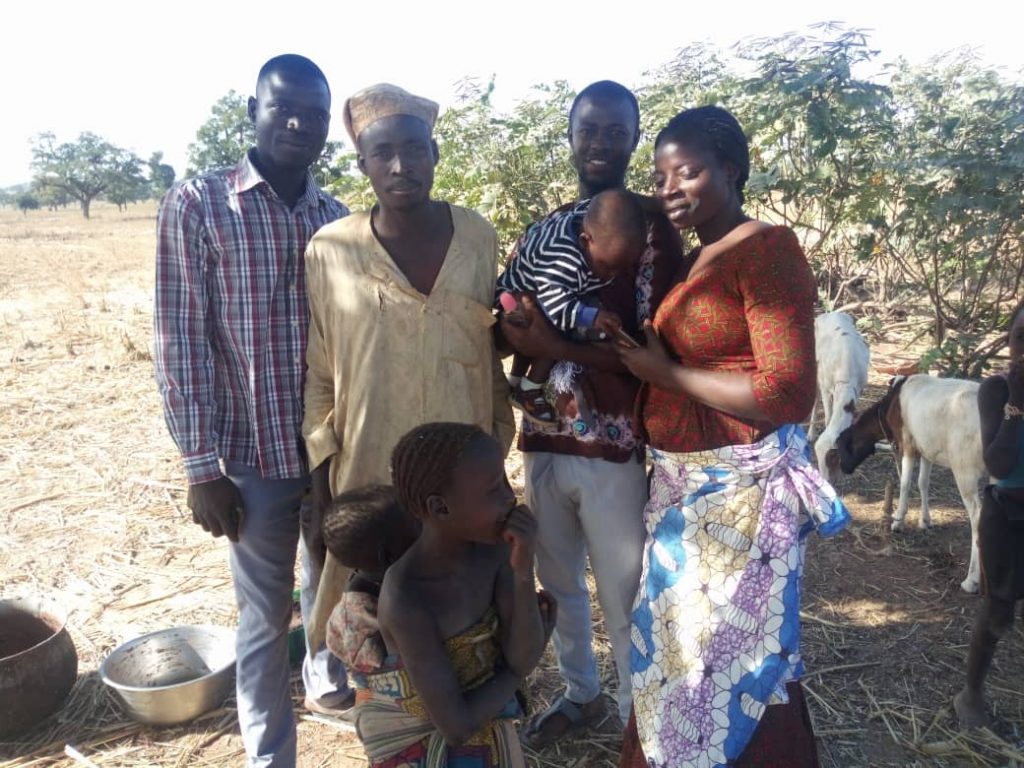
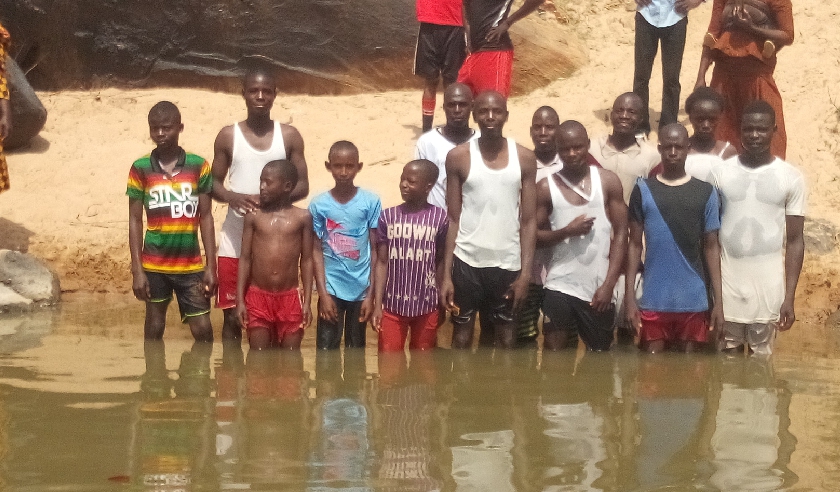
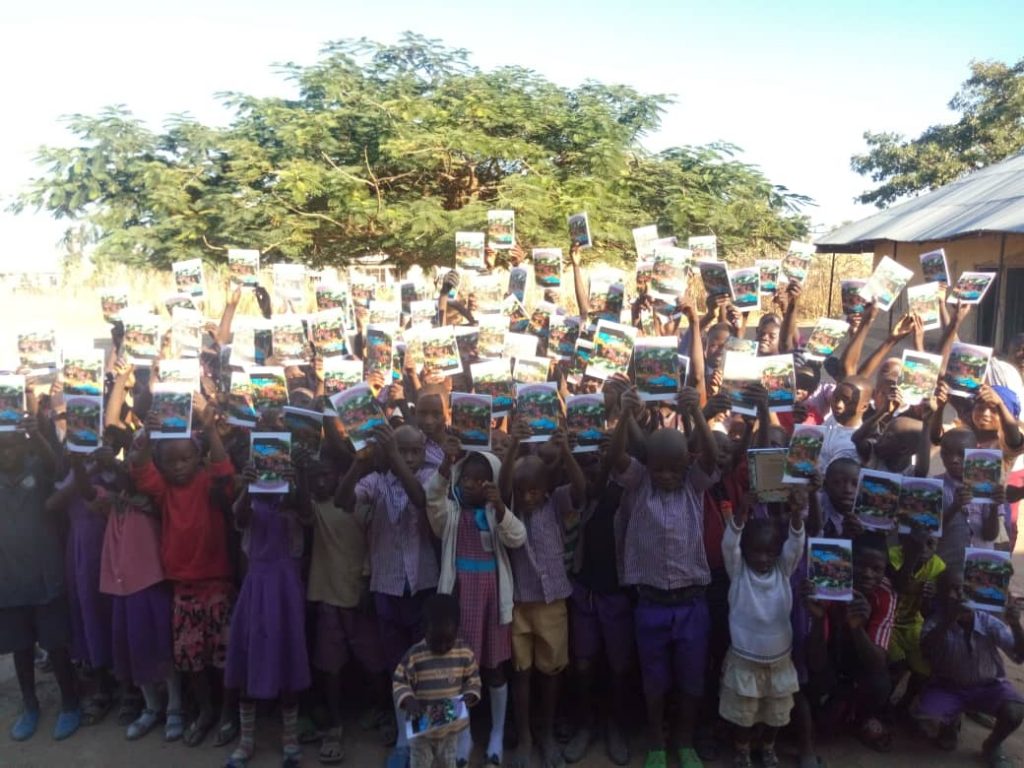
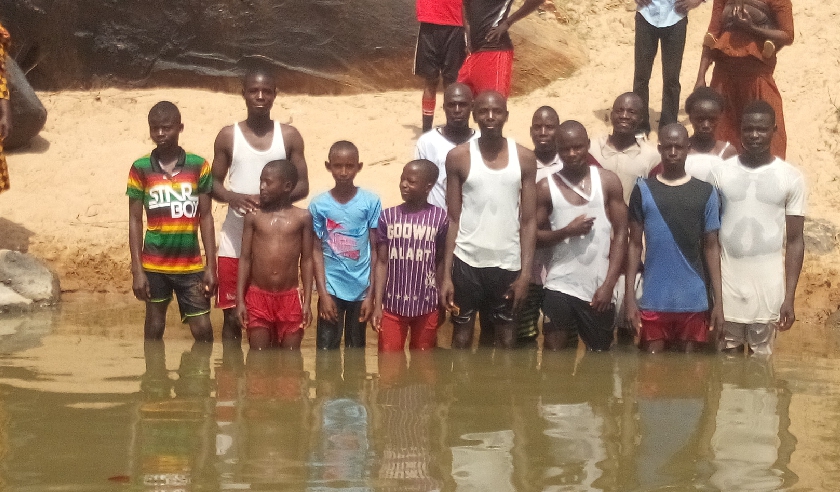
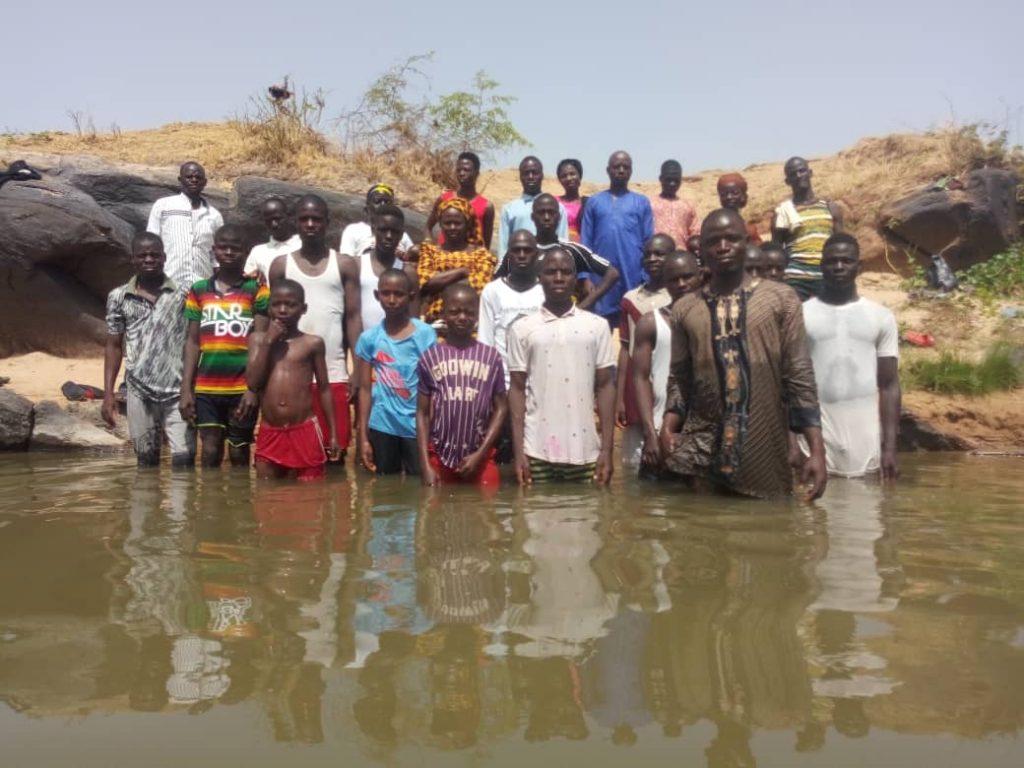
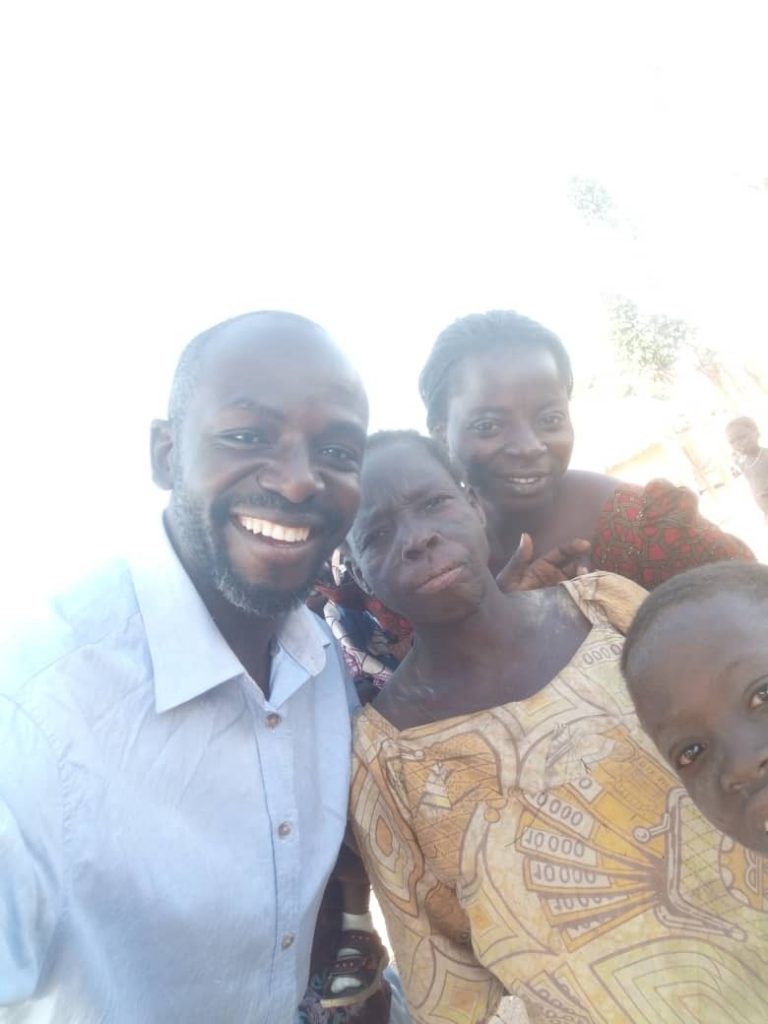
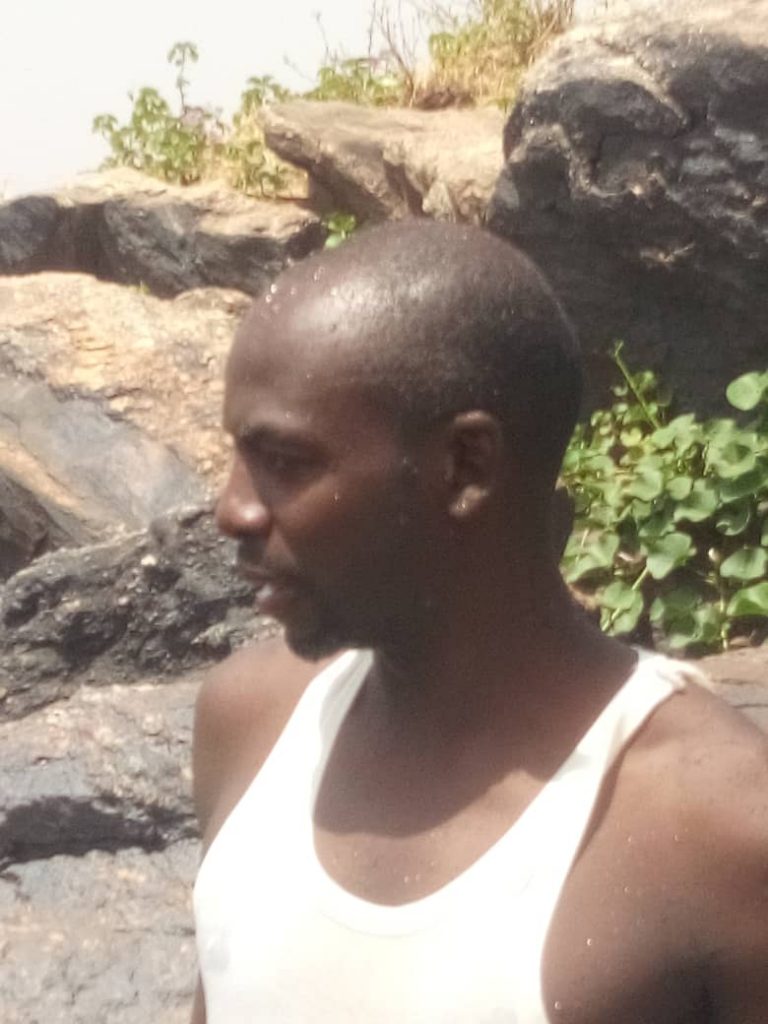
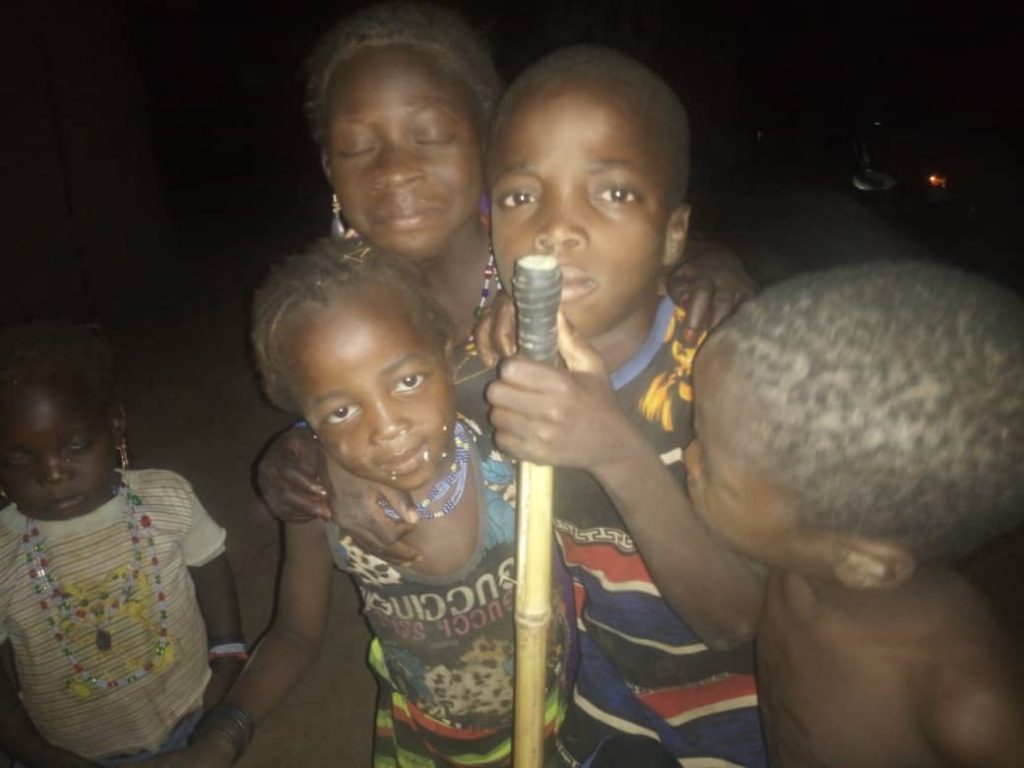
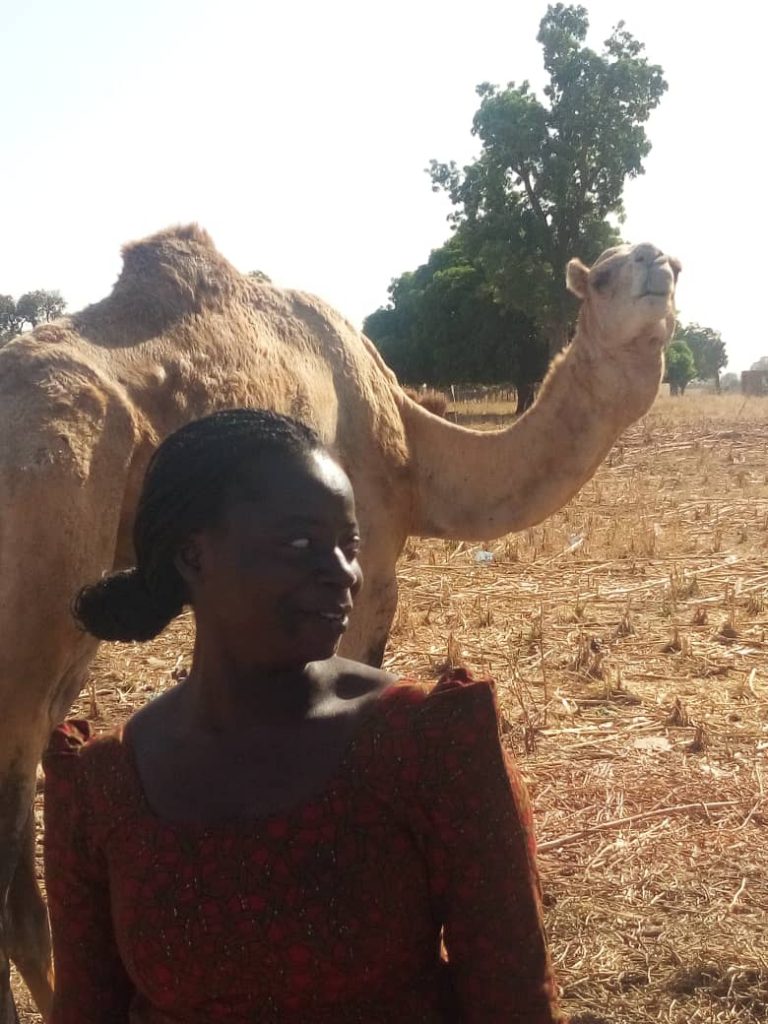
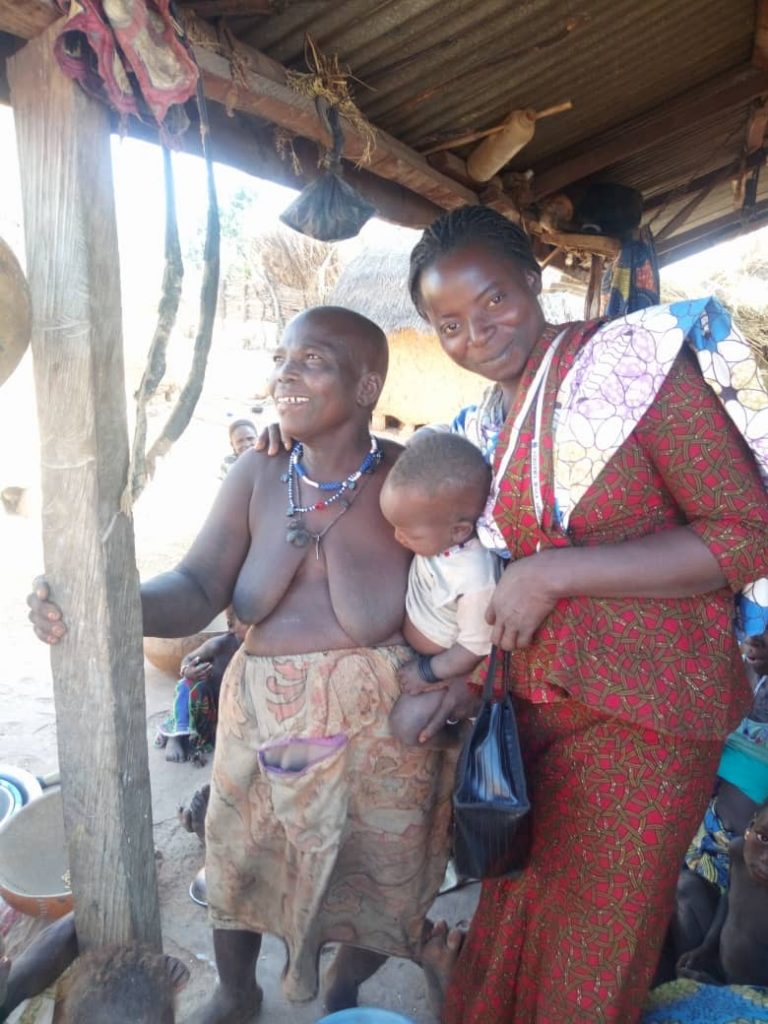
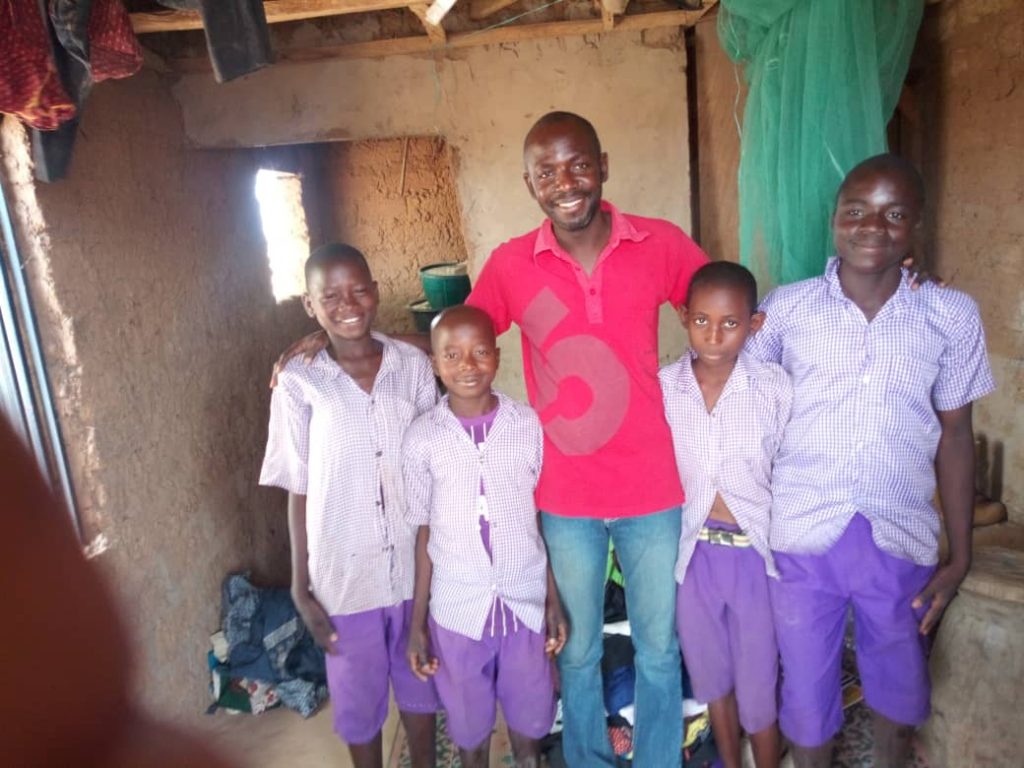
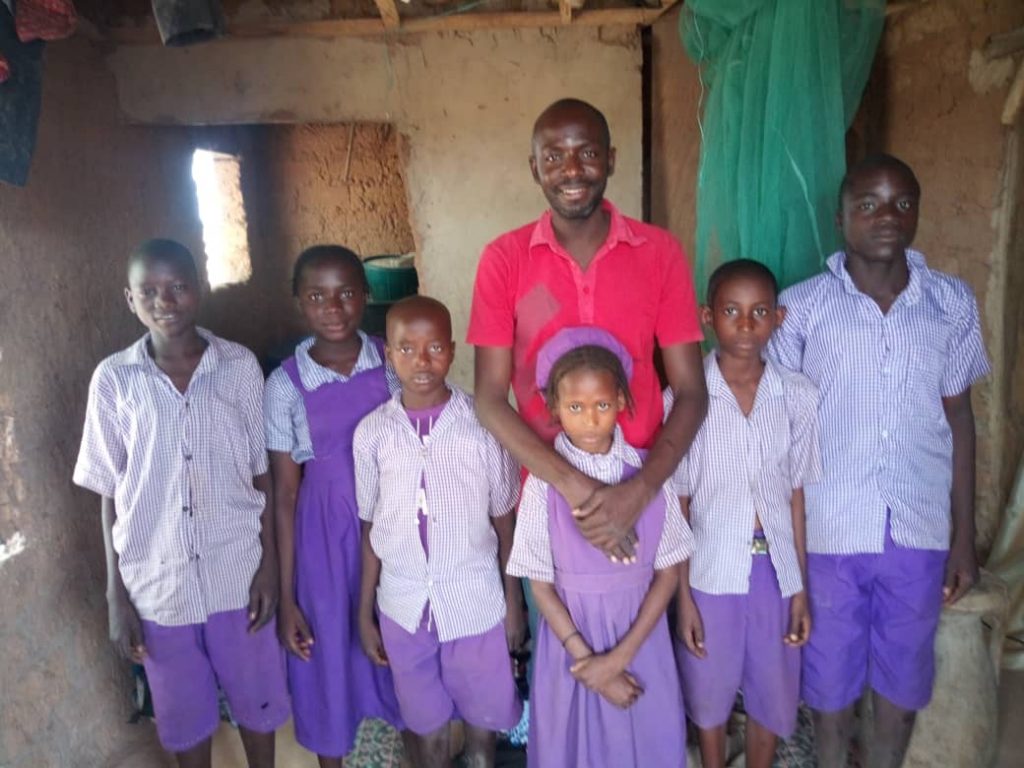
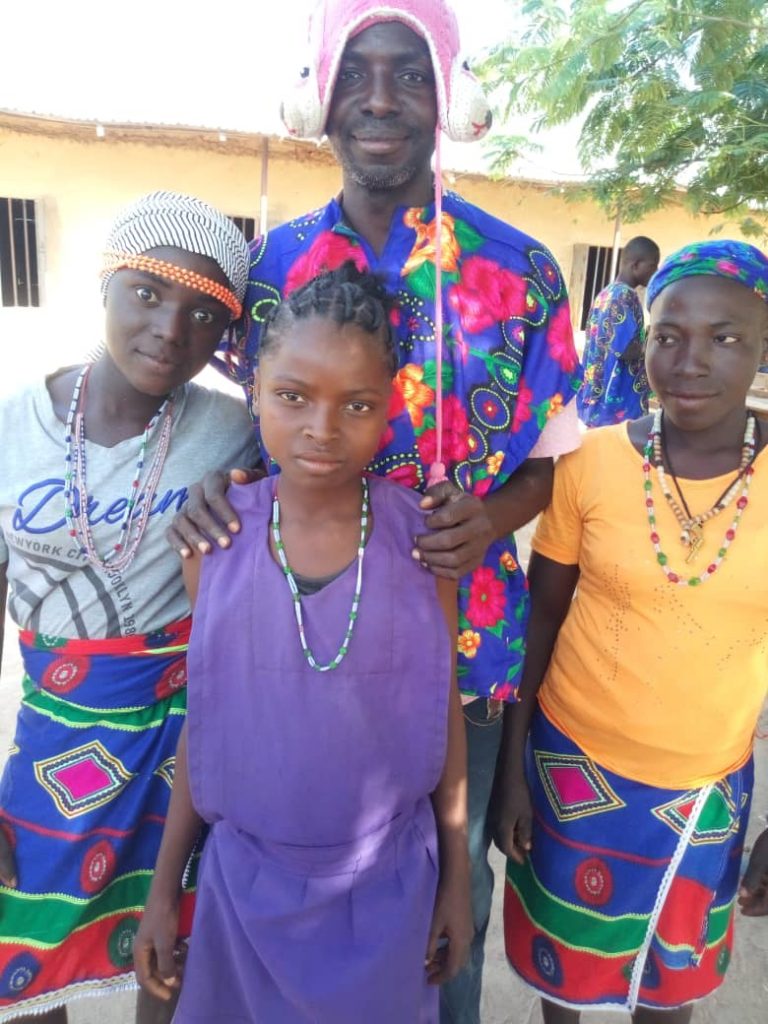
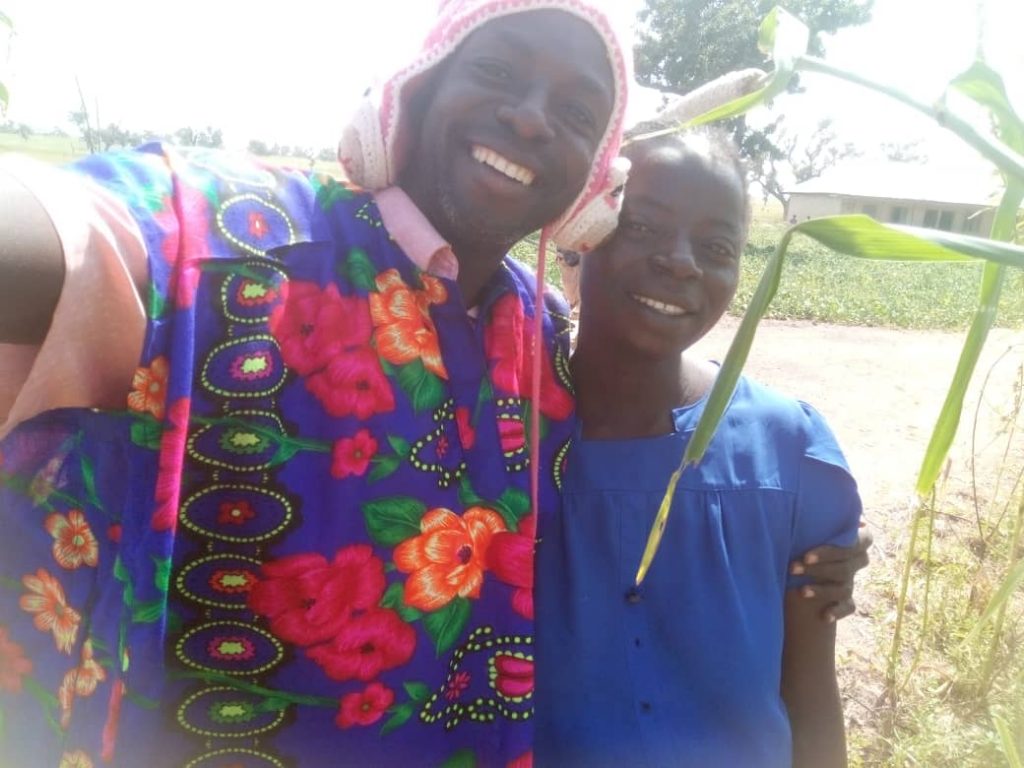
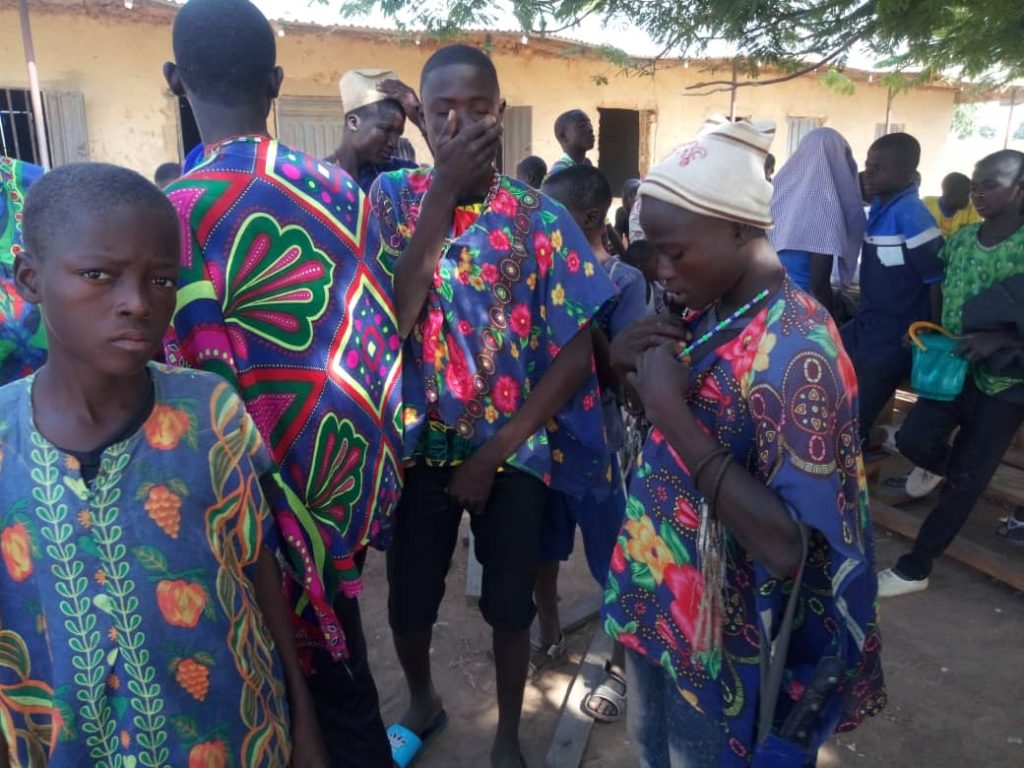
Urgent Needs
Question: What are your most urgent needs?
Currently, we do not have urgent needs in my village. However, many surrounding villages are in desperate need of food and access to drinkable water. We do need instructional materials for use in the schools. We need support for foodstuff and clothing. The people need to be trained in farming in a mechanized way and modern way. We also need sponsors for the children who are unable to enter secondary school.
As for us, the missionary, we need electricity. Right now, we have gotten a solar panel and a charge controller; what we need is a battery and inverter to generate power to charge phones. We also need a dish to watch the news so that we are aware of what is happening around the nation.
To young people who have received the call
Question: What advice do you have for young people who are afraid of taking a missionary journey?
We have a lot of young people that are called into missions, but one major thing people get scared of when God calls them is having to live in a remote area like a village. They feel that life is going to be hard. To young people who are called into the ministry, God is not a debtor to any man he pays. I am not saying things are going to be easy. No, It isn’t easy. However, the missionary journey has its reward.
You derive this joy because you do what you are called to do. I am doing this job because this is what God called me to do. This is what I am going to be doing all through my life. And I know when I go to heaven, that’s where my reward will come from. You need to know your reward is not on earth, but I assure you that God provides.
If anyone listening, anyone reading feels that God has called you to be a missionary, I want you to know it is something you can do. God has given you the capacity, don’t let fear bring you down. Fear is a majorly why people don’t want to go into it.
Some are called to support
Question: What is your message to the people?
For people called to support, I encourage there is no difference between people who support and who work in the field. it is what God calls you for. In the end, what God will say is well done, faithful servant. If you are called to be a partner, you are doing the same thing as someone on the mission field. What the one working as a missionary is doing, and the partner is a shareholder in what the person in the field is doing. I encourage young people who are called to be in the ministry don’t let fear hold them know that if it is God that calls you, he will surely supply. I am not saying it will be easy, but I can assure you that God will always, and more importantly, he will always provide.
Donate
Your gifts and donations help people like Leviticus to do more.
Not everyone can be in the remote places leading souls to Christ-like Broo Leviticus. We can partner with him, and our impact will be as just good as a field missionary.
Leviticus Makpa Missionary, Niger State, Nigeria.
DONATION INFO:
Account number: 3086470220
Bank: First Bank.
Name: Makpa Makus Leviticus
Phone Number: +234 818 878 6541
A missionary in Nigeria raising 126 children under thatched roofs
- Date:
- Category: Missions

